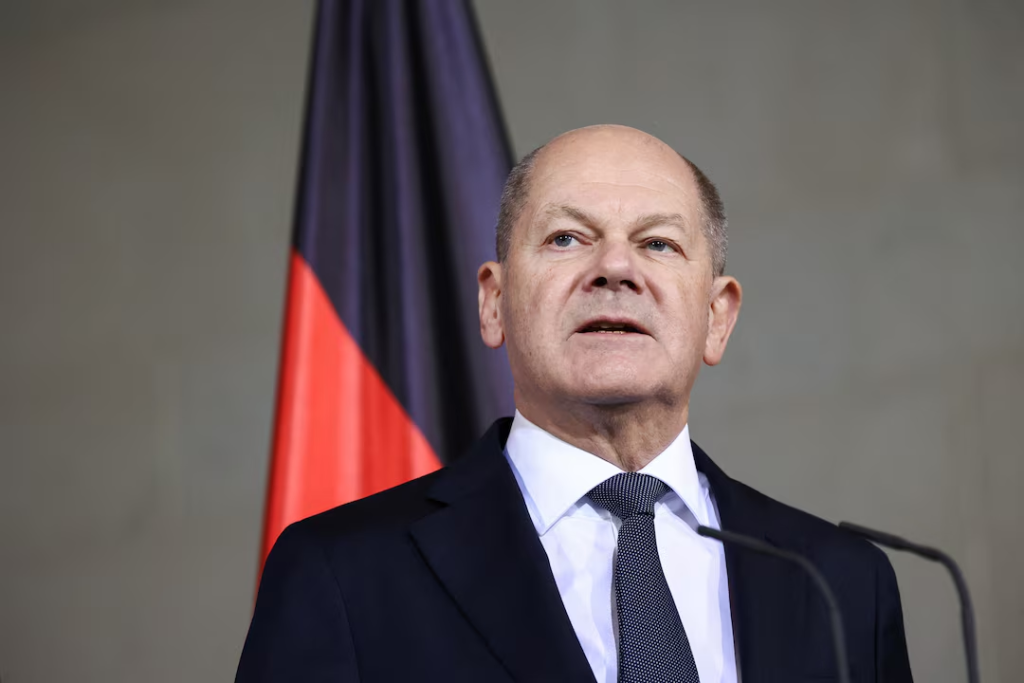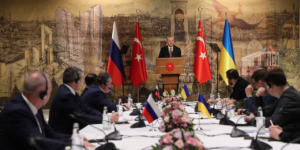Germany’s Political Landscape: A New Election on the Horizon
Germany is set to undergo a significant political shift as President Frank-Walter Steinmeier has dissolved the Bundestag and scheduled a national election for February 23, 2025. This decision follows the collapse of Chancellor Olaf Scholz’s governing coalition, which has led to a period of political uncertainty and the need for a stable government.

The Collapse of the Coalition
The catalyst for this political upheaval was the collapse of Chancellor Olaf Scholz’s three-party coalition on November 6, 2024. The coalition, which had been fraught with disagreements, finally fell apart when Scholz fired his finance minister over disputes on how to revitalize Germany’s stagnant economy. This move led to a loss of confidence in Scholz’s leadership, culminating in a failed confidence vote on December 16, 2024.
The Role of the President
Under Germany’s post-World War II constitution, the Bundestag cannot dissolve itself. Therefore, it was up to President Steinmeier to make the crucial decision to dissolve parliament and call for new elections. After consulting with party leaders and recognizing the lack of agreement on forming a new stable government, Steinmeier decided that new elections were necessary for the country’s stability.
The Upcoming Election
The election, now set for February 23, 2025, is expected to be a highly contested and pivotal event. Polls indicate that Scholz’s party is trailing behind the conservative opposition Union bloc led by Friedrich Merz. Vice Chancellor Robert Habeck of the Greens is also in the running for the top job, although his party is currently further back in the polls.
Key issues that are likely to dominate the election campaign include immigration, economic revitalization, and support for Ukraine in its conflict with Russia. The populist, anti-immigration Alternative for Germany (AfD) is also polling strongly, but its chances of forming a government are slim due to other parties’ refusal to work with it.
Historical Context
This is only the fourth time that the Bundestag has been dissolved ahead of schedule under Germany’s post-World War II constitution. Previous instances occurred under Chancellors Willy Brandt in 1972, Helmut Kohl in 1982, and Gerhard Schroeder in 2005. Each of these events marked significant turning points in German politics, and the upcoming election is expected to be no different.
The dissolution of the Bundestag and the upcoming national election represent a critical juncture for Germany. As the country prepares for this significant political event, the focus will be on forming a stable and effective government capable of addressing the pressing issues facing the nation. The outcome of the election will shape Germany’s political landscape for years to come, making it a momentous occasion in the country’s history.










